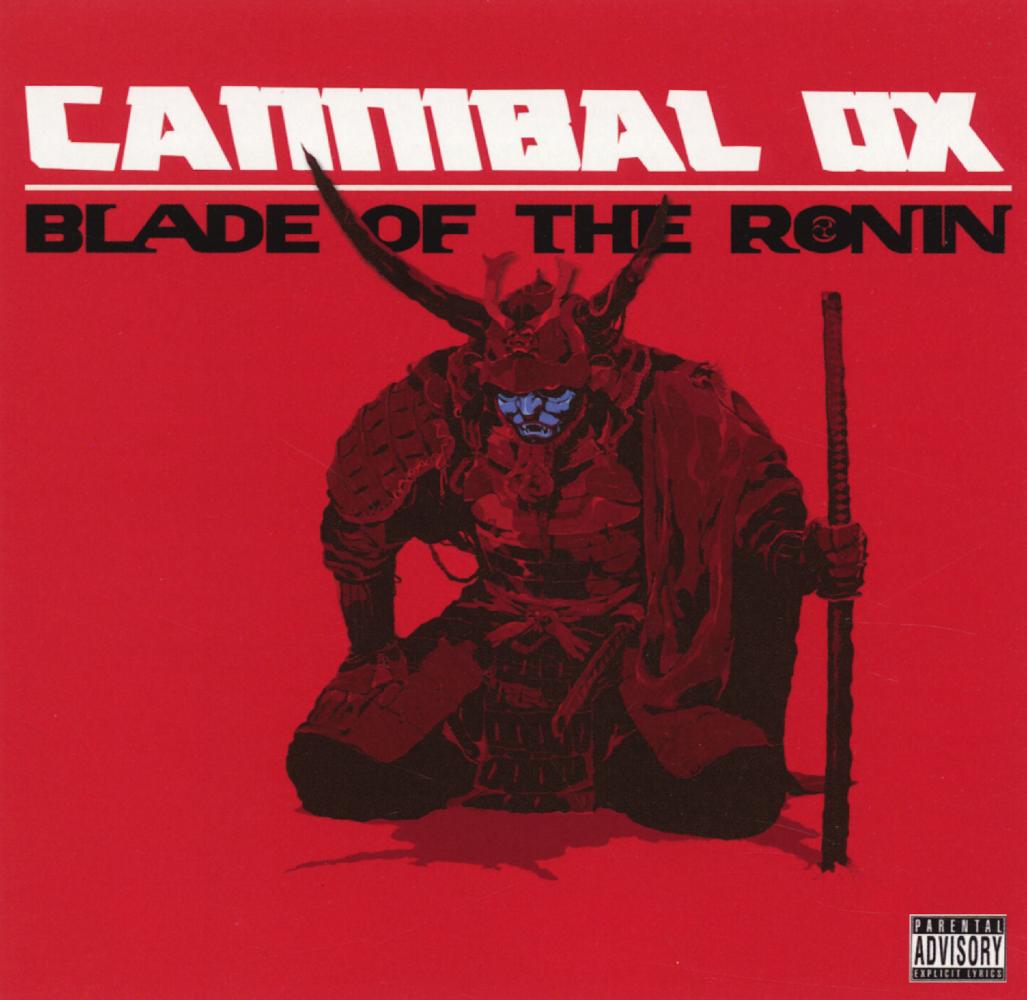Album Review: Blade of the Ronin by Cannibal Ox
by Gino Fanelli | published Mar. 17th, 2015
Rating: 3/5 Stars
Since the May 2001 release of "The Cold Vein," Harlem-based hip-hop duo Cannibal Ox's debut album, we've seen two towers fall, two wars in the Middle East, two massive hurricanes on United States soil and gone through two presidents. And still, there were only rumors and speculation of when we were finally going to see two records from Vast Aire and Vordul Mega. "The Cold Vein" was a masterful, surrealist venture into uncharted waters of what hip-hop could do both lyrically and sonically, akin to a Wu-Tang Clan album recorded in outer space. Nearly 14 years without a follow-up left most fans without hope years ago.
Enter "Blade of the Ronin," released March 3 on Ox's own Iron Galaxy Records. Before delving into this review, and in fact before even listening to this album, there were a few key facts that made me fearful of this being the long-awaited sequel to "The Cold Vein" that fans dreamed of. First off, and most importantly, there is an entirely different producer. EL-P's sci-fi laced beats on "The Cold Vein" painted a surreal portrait of New York City laced with an overarching theme of sorrow and impending doom. It can be argued that EL-P's production, more so than the actual lyricism, made "The Cold Vein" such a masterpiece. "Blade of the Ronin" is produced by Bill Cosmiq as his first notable production. In other words, Cannibal Ox traded off established genius EL-P for a rookie.
And dear God, does it show. On Psalm 82, we're greeted with a samurai-movie intro that can only be seen as a futile attempt to channel the ghost of ODB to save this record. Then comes the rising pitch snare beat that graces the intro of nearly every over-produced Jungle Beats piece of shit, culminating in a bland, vapid beat that perhaps homages to EL-P's sound, but is a far cry from paralleling it.
Now, this is not to say the lyricism is bad. In fact, it's more or less traditional Ox. Vast Aire has strange, surrealist bars while Vordul Mega banks on more introspective fragments of poetry. The Power Cosmiq has a much more competent production, utilizing dissonant soul samples as a focal point. But what differs is that, perhaps because 14 years have passed and the memories of youth are becoming fuzzy and faded while Times Square becomes an unstoppable commercial hub, but the homages to life growing up in a dirty, crime-ridden city are nearly gone. I believe the focus should be on the "fragments" portion of Vordul Mega's introspective poetry. It is there, scattered in bits and pieces throughout the album, but there is no underlying feel of sadness or despair that can be found in "The Cold Vein."
In fact, from the cover to the title, from the samples to the flow, this is a Wu-Tang album. While "The Cold Vein" paid a very clear homage to Wu-Tang, "Blade of the Ronin," even featuring U-God on "Blade: The Art of Ox," seems like a fruitless effort to pose as Wu-Tang members. Now, is it bad to be a Wu-Tang album? No, but if it means abandoning much of what made your first album so unique, then it is damaging.
"Blade of the Ronin" is a disappointment. If this is your first experience with Cannibal Ox, then you'll probably enjoy this record as much as you'd enjoy any recent indie hip-hop release —MF DOOM is even featured on "Iron Rose." But if you've been waiting patiently for the last decade and a half to hear their sophomore album, prepare to be let down.
For fans of: Wu-Tang Clan, Madvillain, MF DOOM





